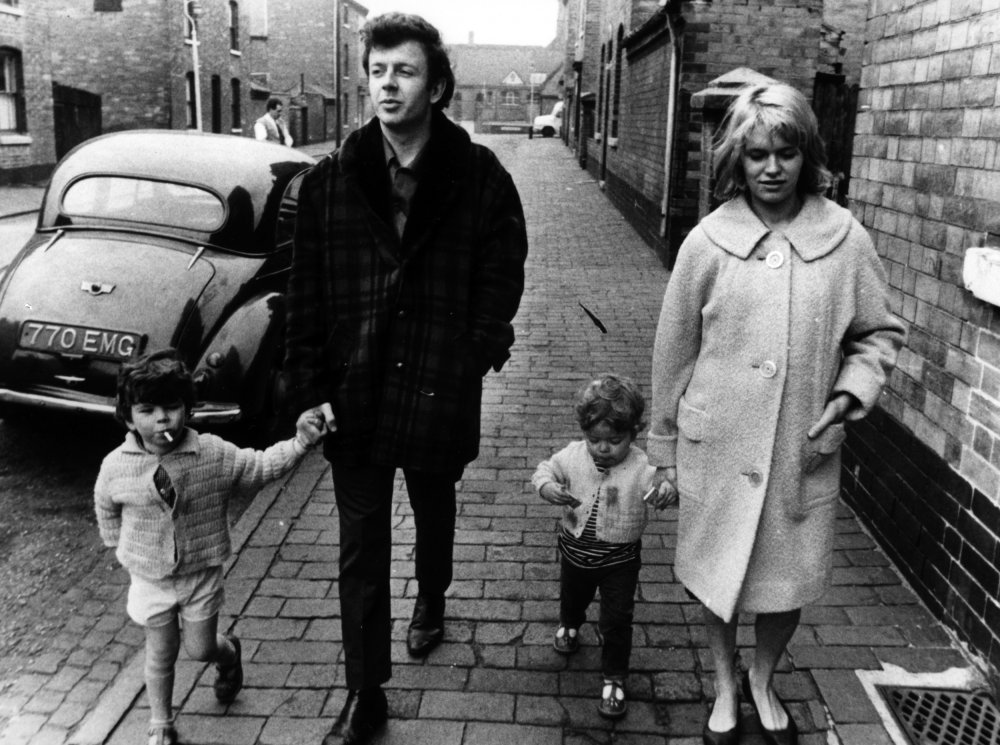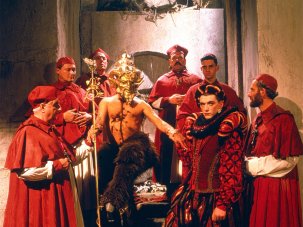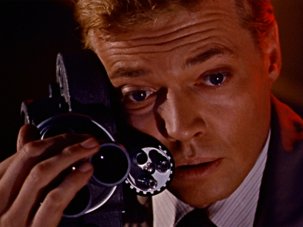
Cathy Come Home (1966)
This month, as BFI Southbank celebrates 50 years of the BBC’s groundbreaking drama strand (see p50), The Mediatheque presents its own picks from the 170 dramas that collectively transformed British TV from 1964 to 1970.
The Wednesday Play was known for uncompromising dramas reflecting burning contemporary issues in a Britain undergoing massive social change. Plays like Cathy Come Home and The Big Flame, just two of Ken Loach’s nine surviving Wednesday Plays – all available in the Mediatheque – challenged the old order, while writers like David Mercer and John Hopkins pushed at the limits of the new ‘permissive society.’
Yet one of the features of The Wednesday Play was its breathtaking diversity. The strand embraced a kaleidoscope of styles from comedy and romance to fantasy. The Last Train through the Harecastle Tunnel shows a gentler side to social analysis, while Mad Jack probes the bitter past, and Fable explores a dark, fictional future. These plays join a rich and growing collection of single TV dramas in the Mediatheque, most of them unavailable anywhere else.
Ten to try
Cathy Come Home (1966)
Voted British TV’s greatest ever drama, Ken Loach’s searing tale of homelessness and an unfeeling state is as urgent and contemporary as ever.
The Last Train through the Harecastle Tunnel (1969)
A train obsessive’s nostalgic day trip becomes a voyage of discovery in Peter Terson’s witty, eccentric drama, directed by a young Alan Clarke.
Mad Jack (1970)
A powerful, plaintive account of the poet and writer Siegfried Sassoon’s experiences in WWI, and his stand against the military high command.
The Gorge (1968)
A Somerset family holiday is the scene for bickering, sexual fumblings and acute embarrassment in this comic coming-of-age story.
Let’s Murder Vivaldi (1968)
Love is a battlefield in David Mercer’s brutal, claustrophobic drama of fractured relationships and infidelity.
Fable (1965)
John Hopkins’ controversial commentary on Apartheid South Africa imagines Britain under a black-run dictatorship.
The Lump (1967)
Jim Allen’s witty, angry dissection of the injustices and hazards of the building trade set the mould for Ken Loach’s later film Riff-Raff.
Horror of Darkness (1965)
Glenda Jackson, Alfred Lynch and Nicole Williamson star in this clever, devastating love-triangle drama, with a gay theme that was unusually bold for its time.
The Big Flame (1966)
A Liverpool dock strike turns revolutionary in this typically radical collaboration between Ken Loach and firebrand writer Jim Allen.
Auto-Stop (1965)
David Hemmings travels Europe in search of sexual fulfilment and self-discovery in this frank and ambitious drama, rediscovered in 2010.






